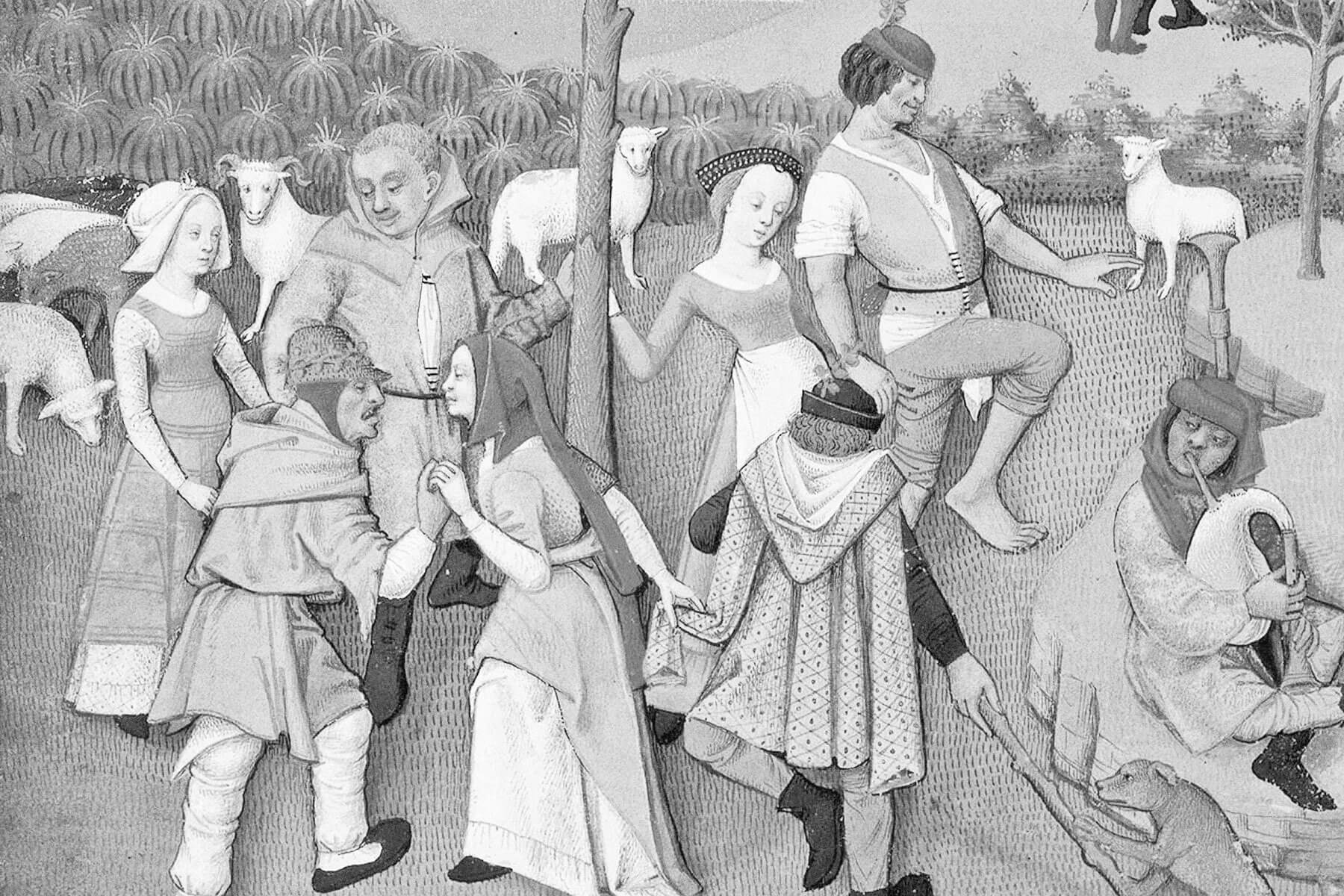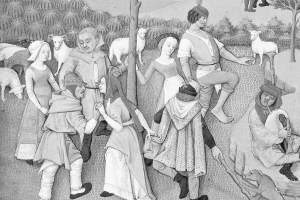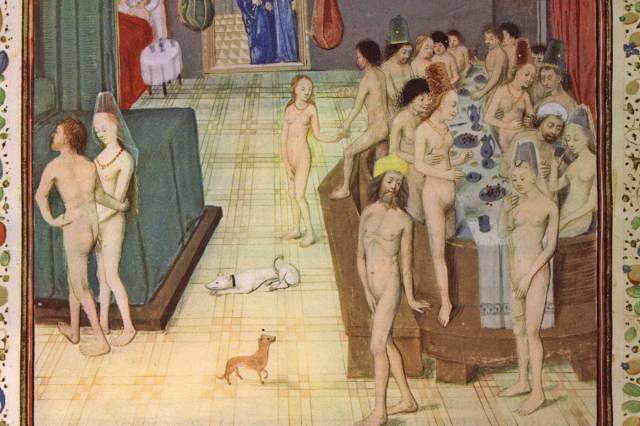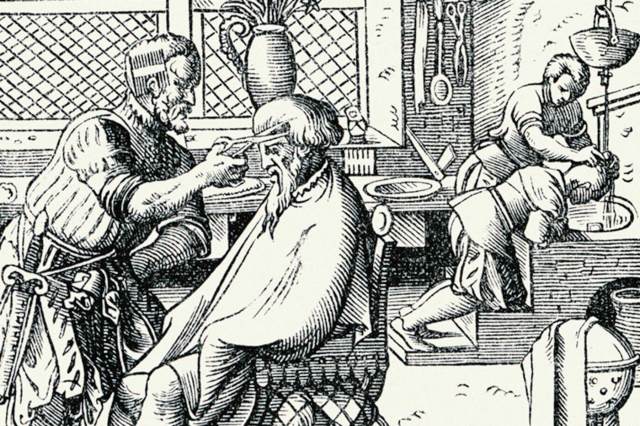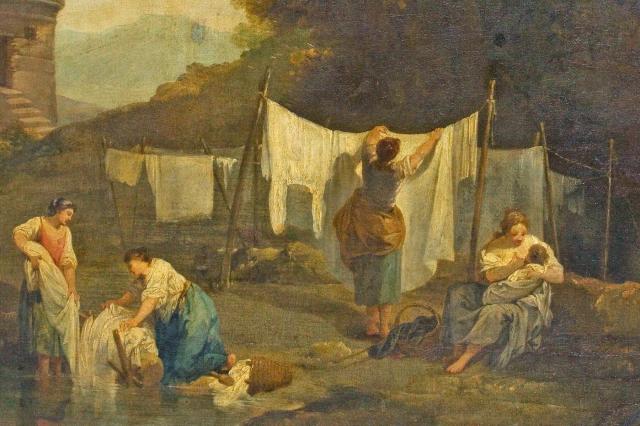Were Medieval People Always Dirty?
It’s no secret that medieval Europe had some issues when it came to public health. Towns were particularly unsanitary places due to the absence of sewage systems and the practice of throwing trash and human waste into the streets. These crowded areas were notoriously stinky. It’s perhaps for this reason that a common misconception exists regarding medieval people: that they were always dirty and paid little attention to personal hygiene. This stereotype is particularly prevalent in regard to the peasantry, who are often portrayed in popular culture as thoroughly unclean and rife with all manner of parasites, plagues, and putridity.
But were the Middle Ages really so dirty? While it’s true that the vast majority of people in that era had no access to anything near our 21st-century standard of hygiene, they knew the importance of keeping clean. Towns and villages were typically built near sources of fresh water, or were supplied by wells or, in the case of some larger cities such as London, by water carried in through lead pipes. People, therefore, could — and in many cases would — bathe on a regular basis. Indeed, there are numerous literary references and works of art from the medieval period that depict people taking baths, which for many was part of a daily routine.
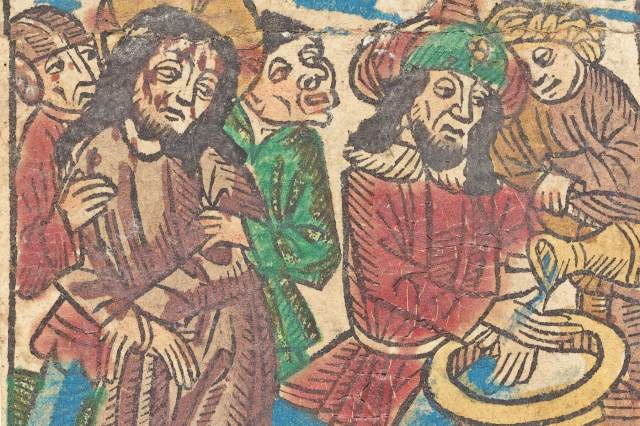
Basic Hygiene in the Middle Ages
Contrary to the image of the unwashed medieval peasant, even the most underprivileged members of society practiced basic hygiene. They typically had a jug, basin, or trough of water from which they regularly washed their hands and face. It was common to wash one’s hands before and after meals, especially since hands were still the primary instrument for eating. (The use of forks was not commonplace in Europe until the 18th century.) People also brushed their teeth regularly. Out in the countryside, fresh hazel twigs were used as toothbrushes, and when those weren’t available, people used linen cloths. There was no toothpaste, but sea salt and ground herbs such as cloves were used while brushing to help keep mouths fresh and teeth clean.





